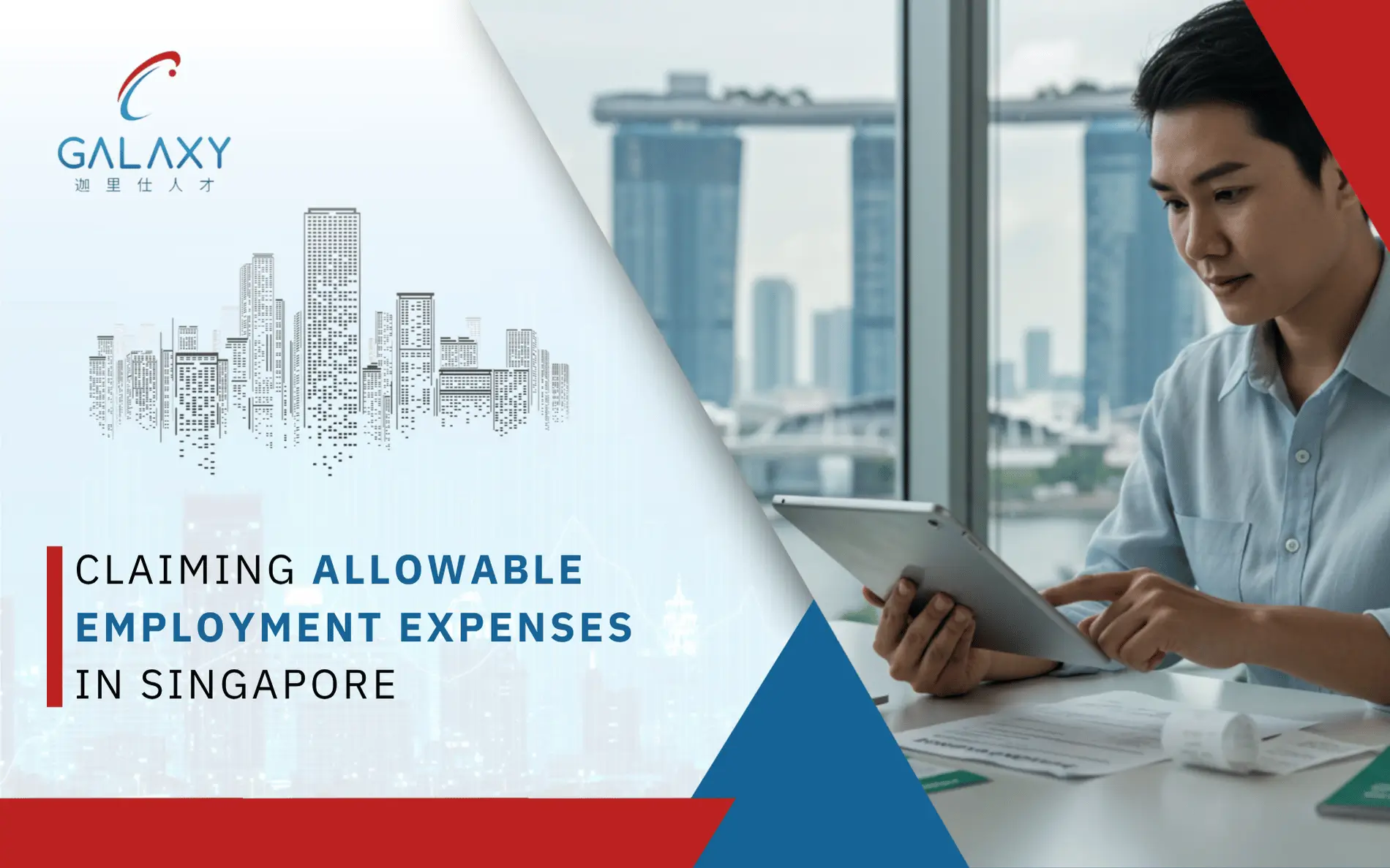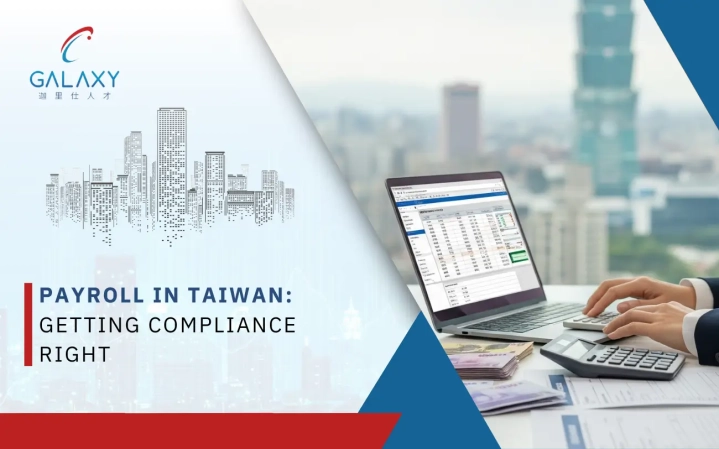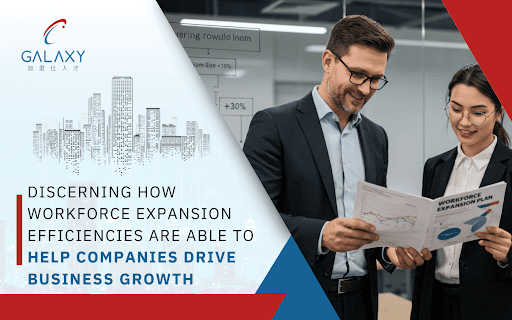Claiming Allowable Employment Expenses in Singapore

In Singapore, employment costs are one of the biggest ongoing expenses for any business. But many companies overlook how these costs affect tax deductions and compliance with IRAS regulations.
Put simply, certain employee-related expenses can reduce your taxable income—provided they are directly tied to official work duties and properly documented. When properly classified and documented, they can lower taxable income, enhance financial efficiency, and support broader growth objectives. Conversely, errors in classification or poor record-keeping can lead to compliance breaches, penalties, and heightened audit risk.
This is where professional accounting services in Singapore play a pivotal role. Beyond processing accounts, experienced advisers ensure that deductible employment expenses are identified, claims are accurately filed, and organisations remain compliant with local tax laws. More importantly, they help transform what might seem like an administrative burden into a source of financial resilience and strategic advantage.
Table Of Content
- Leveraging Employment Expenses for Strategic Advantage in Singapore
- What Are the Allowable Employment Expenses for Accounting Services in Singapore According to IRAS Guidelines?
- What Are the Categories of Allowable Employment Expenses in Singapore Accounting Services?
- What Are Non-Allowable Employment Expenses in Singapore Accounting Services?
- How to Calculate and Substantiate Claims with Professional Accounting & Tax Services
- What Is the Filing Process for a Singapore Company with IRAS in Accounting Services?
- How Do Allowable and Non-Allowable Employment Expenses Compare?
- Compliance Risks and Reporting Pitfalls in Singapore Accounting Services
- Conclusion
- Frequently Asked Questions
Leveraging Employment Expenses for Strategic Advantage in Singapore
Singapore has long been recognised as one of the world’s most attractive hubs for cross-border business. Its competitive corporate tax rate of 17%, extensive network of tax treaties, and robust regulatory framework have made the city-state a preferred base for both multinational corporations and ambitious SMEs seeking regional expansion.
Yet to achieve true financial effectiveness, benefitting from a low corporate tax rate alone is insufficient.Companies must also understand and maximise allowable employment expenses—as defined by the Inland Revenue Authority of Singapore (IRAS)—which are costs incurred wholly, exclusively, and necessarily in the course of performing official duties.
When claimed appropriately and supported by proper documentation, allowable expenses provide three strategic benefits:
- Tax optimization: Deductible costs reduce taxable profit, improving financial performance and cash flow.
- Regulatory compliance: Adherence to IRAS standards minimises audit exposure, penalties, and disputes.
- Employee engagement: Transparent recognition of legitimate work expenses reinforces fairness, boosting morale and retention.
For forward-looking CFOs, HR leaders, and finance teams, expense management is no longer a routine administrative function. It has become a strategic control mechanism—one that aligns financial discipline with compliance, while also enhancing employee relations. In cross-border operations, where tax, payroll, and accounting requirements vary widely, mastering this balance is especially vital.
Ultimately, organisations that treat compliance as a burden risk falling behind, while those that approach it as a competitive advantage can unlock both financial efficiency and long-term resilience.
What Are the Allowable Employment Expenses for Accounting Services in Singapore According to IRAS Guidelines?
In Singapore, the definition of an allowable employment expense is strictly governed by the Inland Revenue Authority of Singapore (IRAS). According to IRAS guidelines, a permissible expense refers to costs that are entirely, exclusively, and necessarily incurred in the course of performing official duties. Only expenses directly tied to employment duties are deductible, while personal or mixed-use costs are excluded.
Key Principles Under IRAS
- Entirely business-related: The expense must have a clear and direct connection to employment duties. For example, a taxi ride to a client meeting qualifies, whereas daily commuting from home to the office does not.
- Exclusively for employment purposes: The cost must not overlap with personal benefit. A subscription to a professional body relevant to one’s role is deductible, while a general lifestyle membership, such as a gym subscription, is not.
- Essential for duties: The expense must be unavoidable in carrying out the role. For instance, additional electricity and Wi-Fi charges during work-from-home arrangements can be claimed if properly apportioned.
These principles are aligned with both IRAS regulations and professional references such as SCS-CPA and international accounting standards. Businesses should establish transparent spending guidelines, maintain robust records, and incorporate claims into payroll and tax reporting systems to remain compliant.
Importance of Documentation
IRAS places strong emphasis on maintaining proper records:
- Claims must be supported by receipts, invoices, or bills.
- Including a short note on the business purpose of each expense strengthens the claim.
- Records must be kept for a minimum of five years to meet statutory requirements.
Why Strict Compliance Matters
Adhering to IRAS guidelines prevents unintentional overstatement of deductions, ensures that claims withstand IRAS reviews, and enhances financial governance. Clear expense policies, aligned with payroll and tax reporting platforms, reduce compliance risks and provide assurance during audits.
Allowable employment expenses can be a powerful way to optimise tax outcomes. However, this benefit is realised only when businesses consistently apply the IRAS framework and support each claim with credible documentation.
What Are the Categories of Allowable Employment Expenses in Singapore Accounting Services?
Singapore’s Inland Revenue Authority of Singapore (IRAS) has established specific categories of employment expenses that can be claimed, as long as they are incurred entirely, exclusively, and necessarily in the execution of official work. For businesses, these categories must be understood to ensure accuracy of claims, compliance, and reflection in payroll and accounting records.
| Category | Description | Conditions under IRAS | Examples |
|---|---|---|---|
| Client Entertainment | Expenses incurred in hosting clients, suppliers, or business partners. | Must be directly related to business purposes. The employee’s own share of the cost must be excluded. | Business dinner with clients, excluding the employee’s portion of the bill. |
| Professional Subscriptions | Membership fees to recognised professional or industry bodies. | Must be directly relevant to the employee’s role and necessary for professional duties. | Annual membership to accounting, legal, or engineering associations. |
| Public Transport and Business Travel | Transport expenses for official business activities. | Only journeys undertaken for business purposes are deductible. Daily commuting between home and the office is not eligible for reimbursement. | Taxi to a client meeting or bus fare to an external training venue. |
| Work-from-Home (WFH) Expenses | Additional household costs incurred due to remote working arrangements. | Only incremental expenses are claimable. Claims must be substantiated with evidence, such as comparisons of bills before and during WFH periods. | Higher electricity bills or increased internet usage are directly linked to working from home. |
| Religious Dues | Singapore’s tax framework recognises specific contributions. | Only specific religious contributions qualify as allowable employment expenses. | Zakat fitrah or mosque building fund contributions. |
| Training, Uniforms, and Consumables | Job-related training, mandatory uniforms, and essential consumables. | The expense must be directly linked to the employee’s duties and required for work performance. | Skills-based training, protective clothing, stationery, and other necessary supplies. |
Significance for Companies in Singapore
For a Singapore company, proper management of allowable employment expenses goes beyond tax optimisation. Accurate categorisation and documentation ensure compliance with IRAS, support audit readiness, and reduce the risk of penalties. For regional operations, where standards differ across markets, aligning expense management with robust accounting and tax services helps maintain consistent compliance and financial governance.What Are Non-Allowable Employment Expenses in Singapore Accounting Services?
The IRAS specifies categories of expenses that cannot be claimed, to ensure only genuine business-related costs are deducted.
| Non-Allowable Expense | Reason for Exclusion | Examples |
|---|---|---|
| Home-to-office commuting | Considered a personal cost, not directly related to business duties. | MRT fare from home to office, daily taxi to workplace. |
| Private vehicle expenses | Private car costs remain personal even if occasionally used for work. | Fuel, insurance, parking, maintenance. |
| Meals with colleagues | Classified as social or goodwill, not incurred wholly for business. | Lunch or dinner with co-workers without clients present. |
| Prospective client entertainment | Expenses incurred before a formal business relationship do not qualify. | Hosting meals or events for potential clients. |
| Penalties and fines | Regarded as personal liabilities rather than business-related costs. | Traffic fines, late payment penalties, and payment instead of notice. |
Key Insight
Compliance is facilitated in Singapore companies by clearly differentiating allowables and non-allowables. Accurate categorisation aligns with the guidelines of IRAS, allows no room for argument during audit, and provides financial transparency in accounting and in tax reporting.
How to Calculate and Substantiate Claims with Professional Accounting & Tax Services
IRAS accepts a claim only if costs are accurately computed and supported by adequate records. Companies should adopt clear methods of cost apportionment and proper documentation to support compliance.
Work-from-Home (WFH) Cost Apportionment
Only additional household expenses incurred as a result of working from home are deductible.
Example:
- Electricity bill before WFH: SGD 120
- Electricity bill during WFH: SGD 160
- Allowable claim: SGD 40 (incremental cost)
If more than one household member works from home, the claim must be divided fairly between them.
Documentation Requirements
To meet compliance standards, companies should:
- Retain receipts, invoices, and bills for a minimum of five years.
- Record the business purpose for each expense, such as “taxi fare to client meeting.”
- Ensure expense claims are integrated with payroll and tax reporting systems to prevent duplication.
- Note that IRAS will reject any claim without supporting evidence.
By applying consistent apportionment rules and maintaining proper documentation, a Singapore company can ensure its claims are defensible, reduce the risk of penalties, and demonstrate strong financial governance.
What Is the Filing Process for a Singapore Company with IRAS in Accounting Services?
Filing employment expenses in Singapore requires precision and adherence to IRAS requirements. The process generally includes the following steps:
1. Complete the Employment Expenses Schedule:
Record all allowable expenses using the prescribed IRAS format.
2. Attach the schedule to the annual income tax return:
Ensure that expense claims are consistent with reported income and financial records.
3. Provide supporting evidence if requested:
Retain receipts, invoices, and related documents to substantiate claims during a review.
4. Review the Notice of Assessment (NoA):
Verify that taxable income has been correctly adjusted to reflect the allowable deductions.
Integrating these steps into payroll and compliance workflows helps a Singapore company maintain efficiency, reduce the risk of errors, and remain prepared for potential audits.
Read Blog: Guide to Corporate Tax Filing in Singapore
How Do Allowable and Non-Allowable Employment Expenses Compare?
The table below summarises everyday employment expenses, highlighting which are deductible under IRAS rules and which are not.
| Expense Type | Allowable | Not Allowable |
|---|---|---|
| Client Entertainment | Portion relating to clients or partners | Employee’s own share of the bill |
| Professional Subscriptions | Memberships directly linked to job duties | Unrelated or personal memberships |
| Public Transport & Travel | Travel to client meetings or business events | Daily commuting between home and office |
| Work-from-Home (WFH) Costs | Incremental expenses supported by bills | Base household costs |
| Religious Dues | Specific contributions recognised by IRAS | Other voluntary contributions |
| Training, Uniforms & Consumables | Work-related training, protective clothing, stationery | Personal clothing or unrelated training |
| Penalties & Fines | — | Always excluded |
A clear distinction between allowable and non-allowable expenses reduces compliance risks and ensures accurate reporting in payroll and tax processes.
Compliance Risks and Reporting Pitfalls in Singapore Accounting Services
The main risks associated with misreporting employment expenses, their consequences, and the best practices companies should follow to remain compliant with IRAS requirements.
| Risk | Description | Consequences | Best Practice |
|---|---|---|---|
| Overstated claims | Reporting amounts greater than actual receipts or invoices. | Upward revision of taxable income; possible penalties. | Cross-check claims against receipts and maintain approval checks to ensure accuracy. |
| Use of estimates | Submitting approximate figures instead of actual documented expenses. | Disallowed claims increase the likelihood of an IRAS review. | Only accept claims supported by bills and invoices. |
| Duplicate claims | Deducting expenses already reimbursed by the employer. | Disqualification of claims; potential fines. | Integrate expense systems with payroll to prevent duplication. |
| Insufficient records | Failing to retain receipts, invoices, or notes for business purposes. | Claims rejected; exposure to audits and penalties. | Retain documentation for at least five years; require purpose notes on expenses. |
By recognising these risks and implementing preventive measures, a Singapore company can maintain compliance, avoid unnecessary penalties, and strengthen overall financial governance.
Conclusion
Effective management of employment expenses is a crucial aspect of conducting business in Singapore. When companies apply IRAS guidelines correctly—by identifying allowable expenses, excluding non-deductible items, and maintaining proper documentation—they achieve greater tax efficiency while reducing compliance risks. This not only strengthens financial governance but also ensures readiness in the event of regulatory review.
Given the complexity of aligning expense management with payroll, taxation, and cross-border operations, many organisations choose to work with experienced partners.
Galaxy Group supports companies in this area by providing expertise in accounting and tax services, payroll administration, and compliance advisory. With this support, businesses can be confident that expense claims are managed in accordance with IRAS requirements and integrated seamlessly into broader financial processes.
For leadership teams, engaging Galaxy Group offers more than compliance assurance. It provides the foundation for sustainable growth across Singapore and the wider APAC region by ensuring that financial and regulatory obligations are met with precision and consistency.
Ensure Compliance, Optimise Efficiency
Partner with Galaxy APAC for trusted accounting and tax services in Singapore and across APAC.
FAQ’S
Why is income still taxable if it was repaid to the employer after a breach of contract?
Employment income is taxable once it has been earned for services rendered. Any repayment to the employer due to a breach of contract is treated separately as compensation and is regarded as a personal expense, which does not qualify for tax deduction.
Can fees paid to the Employability & Employment Centre (E2C) programme be claimed as employment expenses?
Support fees paid to the E2C programme may be deductible if participation in the programme occurred prior to employment and the subsequent role was secured through the programme. Proof of payment and placement is required.
Are payments in lieu of notice deductible from taxable income?
Payments in place of notice are regarded as personal liabilities under an employment contract. They are not recognised as deductible expenses for tax purposes.
Are expenses for private vehicle usage allowable as employment expenses?
Private vehicle expenses, such as fuel, insurance, parking, and maintenance, are considered personal in nature. These costs are not deductible, even if the vehicle is occasionally used for business purposes.
Can training costs be deducted from taxable income?
Training costs are deductible only when directly related to current employment duties. Courses intended for personal development, career changes, or unrelated skill sets do not qualify as allowable expenses.



